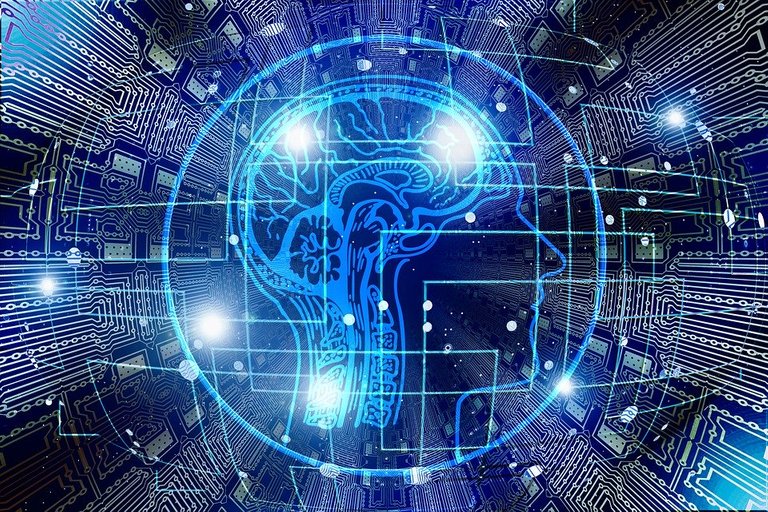
Introduction
Hello guys! With this really short article I would like to provoke discussion about a really recent and interesting issue, which has been widely discussed. I personally think that there's a lot to be said and I would continue this topic in my next posts.
What is Google Duplex?
Google Duplex is an artificial intelligence (AI) tool, created by “Google”, which aims to "accomplish real-world tasks over the phone". What was demonstrated at the Google I/O 2018, was the Google Assistant app making two phone calls, setting up an appointment first to a hairdresser and second reserving a table at a restaurant. Nothing special, right? Watch the videos and see for yourself.
As you already noticed it was a really ordinary conversation. So ordinary, that it was full with all the pauses, the “ummm”-s and “ahhh”-s, which are considered normal for human speech. But that’s not real demonstration. What was curious was the fact that the person taking the appointment didn't realize they were talking to a computer because it didn't sound like a computer.
In fact, what “Google” demonstrated with their artificial intelligence software is speculated by some viewers to have passed the “Turing test”.
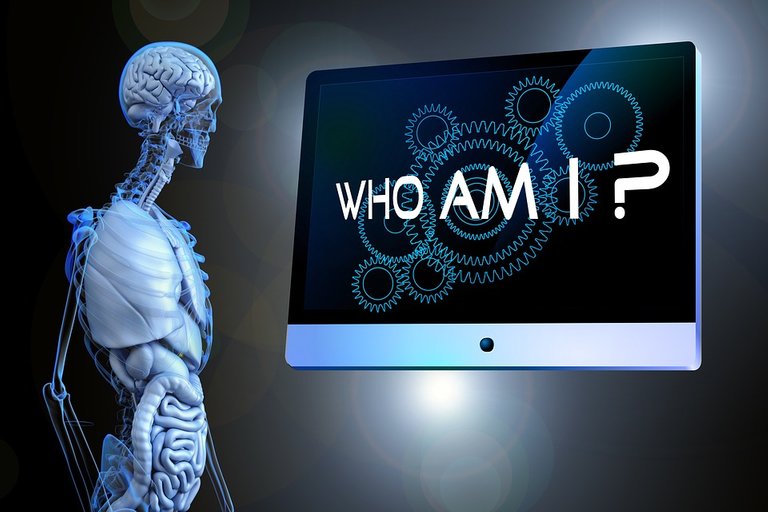
What is the Turing test?
“The Turing test” or also known as “The Imitation Game" was proposed in 1951 by the legendary computer scientist and mathematician Alan Turing. Although this test is really famous, for those of you, who are not familiar with it, it’s about whether a person could recognize if he or she is communicating with a machine or a real human being. If the machine can “imitate” human behaviour so well, that it cannot be said whether it’s a human or not, the machine passes the test. Turing himself believed that “in about fifty years’ time it will be possible, to programme computers, with a storage capacity of about 109, to make them play the imitation game so well that an average interrogator will not have more than 70 per cent chance of making the right identification after five minutes of questioning.”
So after hearing how well the Google Duplex performed in both conversations, the obvious question which you might be asking yourself already is
Does Google Duplex pass the Turing test?
What we observe, or should I say hear at Google’s conference are two real phone calls, in which Google Duplex demonstrates how well it is able to manage appointment tasks. In reality, the Turing test’s purpose was to measure the artificial general intelligence. In other words - the machine’s ability to perform any task done by a human the same way a human does. Even though Google admits that their software “has a limited scope and can only carry out natural conversations after being deeply trained in such domains”, regarding the context of conversation, we must admit that the artificial intelligence assistant most likely does pass the test. But it still has a long way to cover until it becomes indistinguishable from human being.
In the domain of making appointments, it passes the Turing test in that domain, which is an extraordinary breakthrough. It doesn’t pass it in the general terms, but it passes it in a limited domain and that’s really an indication of what’s coming.
- John Hennessy at an I/O 2018 talk about the “Future of Computing.”
But before you become too hyped about this idea, let’s discuss several other questions, which I think are even more important than the previous ones.
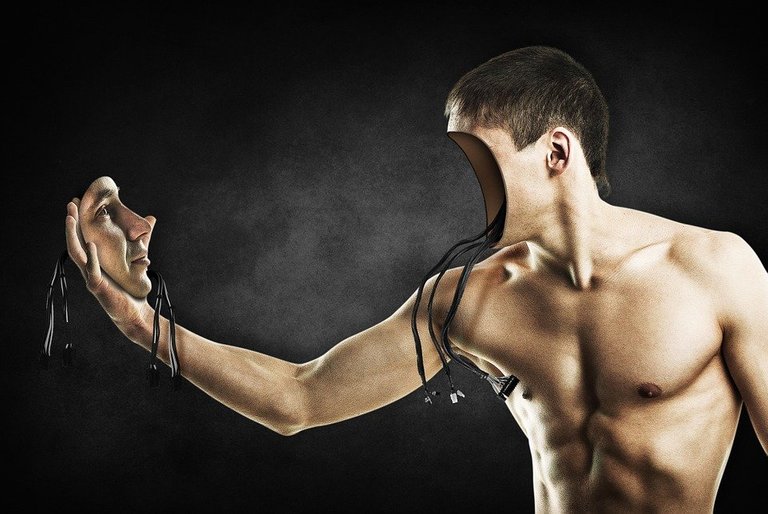
Why would Google create such AI, which is almost impossible to differ from real human being?
While most people are really impressed by Google’s latest invention, some are really concerned about how this software could be used, or should I say abused.
Regarding their new product, “Google” have promised nothing but transparency. Their statement concerning this issue came in response to the criticism from a range of ethicists, who argue that we should be careful about how the “Duplex” should be used in commercial settings.
"We understand and value the discussion around Google Duplex – as we've said from the beginning, transparency in the technology is important," Google said in a statement. "We are designing this feature with disclosure built-in, and we'll make sure the system is appropriately identified. What we showed at I/O was an early technology demo, and we look forward to incorporating feedback as we develop this into a product."
But if their ultimate goal is to create AI, which is able to perform flawlessly in such tasks similar to creating appointments etc., why would they go even further, imitating real human being with all the “Uh”-s and “Oh”-s, pauses and all other “imperfections”?
According to “Google”
The Google Duplex technology is built to sound natural, to make the conversation experience comfortable.
While that might be partly true, what I see is a great opportunity for new wave of criminal deeds. With such technology available imagine how easy it would be for people like con-men, identity thieves and other cyber criminals to “do their job” properly.
Even though “Google” have clarified that their assistant would identify itself at the beginning of the conversation, having such technology developed, working and available brings serious concerns.

How would Google manage the obtained information about its users?
Today most people are well aware that on-device machine intelligence is a real thing. Major software and hardware companies collect our data in order “to provide better service to us”. Google Assistant is no different. With machine learning and deep learning algorithms, the more data it gets fed, the more intelligent it will become. It would require your personal information as much as possible in order to do all the special things for you.
On the bright side
According to some people Google Duplex is a perfect solution for people suffering from social anxiety.
Social anxiety is the irrational fear of being judged and evaluated negatively by other people, leading to feelings of inadequacy, inferiority, self-consciousness, embarrassment, humiliation, and depression. Sadly, this psychological condition is a much more common problem than past estimates have led us to believe. Millions of people all over the world suffer from this devastating and traumatic condition every day, either from a specific social anxiety or from a more generalized social anxiety.
With the rise of robotics and AI tools like Google Duplex, the robot Sofia etc., some people are seeking salvation in technologies for their psychological conditions.
Is there future for robotics in psychology? Only time will tell.
Conclusion and discussion
While today it’s really early to make any solid conclusions about where this technology is headed, I personally think that AI tools such as Google’s Duplex is only the beginning of something much bigger than assigning appointments via phone calls. The very idea of an AI assistant acting on a user’s behalf in the world is somehow frightening and deserves a lot of thought. I believe that we are on the doorstep of a new era and one day combining the AI tools we have available (and the ones yet to be developed), systems like Google Assistant would be able to act on your behalf while not only mimicking your voice, but yourself as a whole.
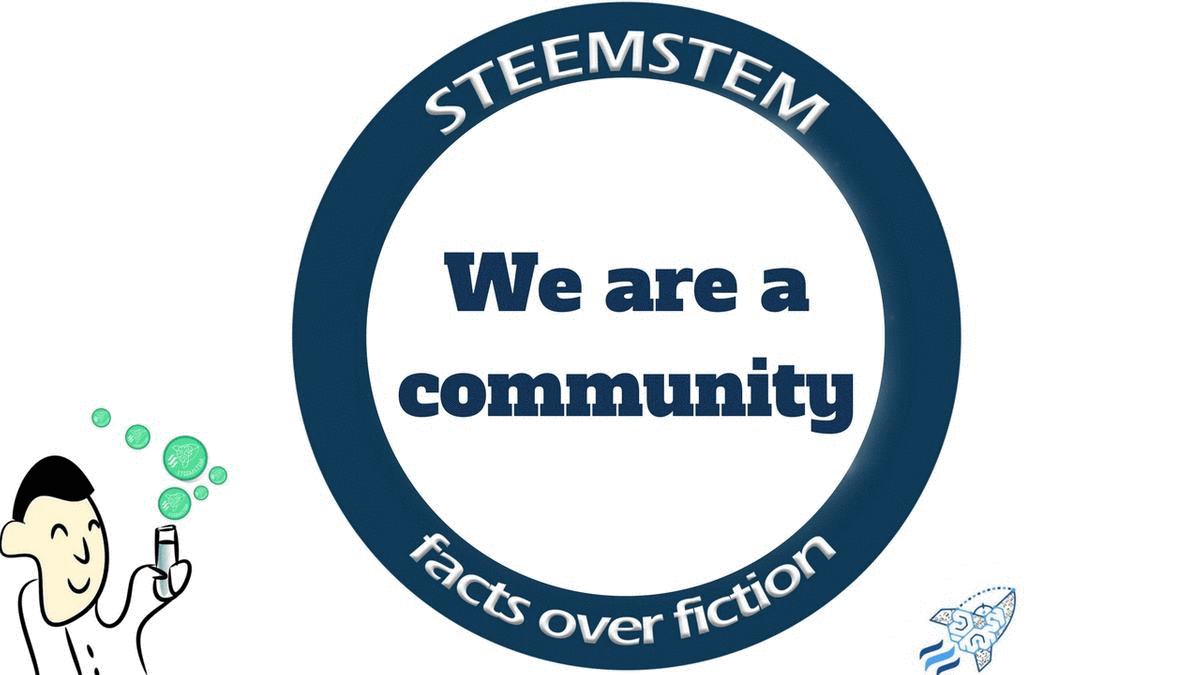
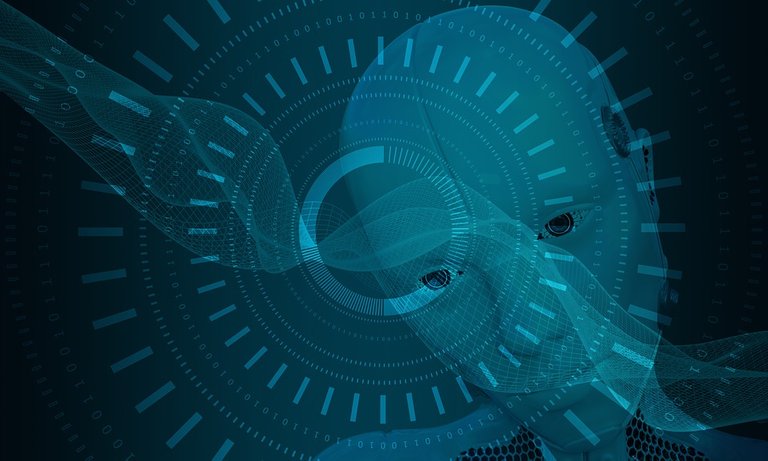
Hi @dysfunctional
We have selected your post as post of the day for our DaVinci Times. Our goal is to help the scientific community of Steemit, and even if our vote is still small we hope to grow in quickly! You will soon receive our sincere upvote! If you are interested in science follow us sto learn more about our project.
Immagine CC0 Creative Commons, si ringrazia @mrazura per il logo ITASTEM.
CLICK HERE AND VOTE FOR DAVINCI.WITNESS
Keep in mind that for organizational reasons it’s necessary to use the “steemstem” and “davinci-times” tags to be voted again.
Greetings from @davinci.witness and the itaSTEM team.
❤️
I just saw the video at verge and wow it is surprising, both voices of male and female sounded like regular people.
This is totally right, it will save those people a lot of uncomfortable moments, the same can be say about people who stutter.
I agree mate, this is an example that AI can handle conversations exactly like a human.
Although I would like to see Google Duplex live instead of a recording, but either way eventually that AI will surely manage to have normal conversations every single time.
Do you know the movie Her? I recommend it since it is kinda related to this technology.
Cheers @dysfunctional!
Hello @dedicatedguy and thanks for your time!
I also share your desire to see the Duplex live in action. Hopefully when it's available this summer, we will have the opportunity to use it :)
Surprisingly I haven't seen this movie and I'm grateful for your recommendation! I will watch it this week!
All the best to you, as always!
Hi @dysfunctional!
Your post was upvoted by utopian.io in cooperation with steemstem - supporting knowledge, innovation and technological advancement on the Steem Blockchain.
Contribute to Open Source with utopian.io
Learn how to contribute on our website and join the new open source economy.
Want to chat? Join the Utopian Community on Discord https://discord.gg/h52nFrV
What? Utopian.io on my article? Wow! Thanks for the support guys!
Means a ton!!
Cheers!
:-)
I wonder what they'll find. You know "The Donna" from the series "Suits"? It is a wonderful toy for all those who create and program it and spend their dreams with it. It is fascinating to imagine that human consciousness could be incorporated into a machine. Which of course is sheer nonsense, but as you know, nonsense is a lot of fun. I don't think we need to take this whole enterprise so seriously, artificial intelligence will always be: artificial.
The question whether an AI is better intelligent than a human being; a subjective answer from me: Of course not.
That we fantasize that world knowledge can soon be fed into the machine is a huge joke that Douglas Adams has already recognized with "Deep Thought". To the ultimate question of the answer, the meaning of life, the universe and all the rest of it, Deep Thought answered: 42 After millions of years of computing time. Which says it all. It could have also said: The universe consists of burnt almonds (as Alan Watts sometimes puts it in his lectures).
It's pretty silly to assume that a social phobia could really go away by chatting with my AI. Since the social phobic (if it exists) knows that he is talking to a machine, it will not bring him any relief in dealing with real people but only an eloquence and finesse in dealing with AI. Now you could say with a shrug of the shoulders: I am talking to one (although I claim that I am talking to myself right now and if you want, you can take part in my self-talk, since I am disclosing it here).
I would like to bring the strongest counter-argument, what the phobic is actually most afraid of: Not of other people and social interaction. He's the one who's most afraid to be alone with himself. Therefore, when people are confronted with their greatest fear, they are put in dark solitary confinement. There, alone and without any form of distraction, is the worst enemy of man.
World knowledge is bound to the organic of man. No cybernetics and no machine has grown organically and no brain can be transferred or computed. Machines and their "intelligence" are created by us alone. But because they are mechanical and constructed from individual parts, they can and will never grow like cells and develop from cell division. They are always only the mechanically electronic parts of what the human mind gives birth to. They should not be imbued with so much godliness. Even if it is fun and born of inferiority, according to which many people classify other people as less intelligent and eloquent. Which is, of course, just another reflection of who looks at himself in the mirror.
I wouldn't mind a Donna if I wanted to have a chat in the morning and nobody is available. But of course, I can still make do with myself, because Donna will never be able to hold a candle to me either. Wink ;-)
Thank you for your kind and long reply and sorry for answering 10 days later, but I literally had no free time these days.
I would say that you approach on the topic of AI is ... let's say limited.
AI is not the future. It is now. It is happening as we speak and I believe in the years to follow it would surely replace humans in many aspects.
I am writing an article on this topic and I would like to hear your opinion again.
Thank you once again for your time and effort !!
Oh, I am in good company with my approach as it's not my property alone.
My approach was focusing sharply on the single sentence I quoted from you, nothing more.
Though I know that AI is replacing humans in "many aspects" they won't replace them in precisely that aspect I talked about. ... Why would I want that, I wonder ... ? Do you want that?
... I prefer to talk to humans from flesh and blood to practice my social behavior. The biggest gain is always perceived from me when I listen to real life experiences and withdraw something from a personal story which came out of a mouth of another human I could observe also in his body language while he or she talked about this experience. Flesh and spirit are interconnected. How on earth should an AI deliver such thing ... ?
Cannot agree more with you on this one !
But sadly, there are people who don't think this way and try to create something which they don't understand.
You see, the paradox is that humans try to recreate human behaviour without understanding what it actually is. Having this said, I also don't think that we as species would be able to fully recreate AI, which will absolutely replace us, as we exist. But that does not mean that we won't create something else, which we don't suspect could exist at this very moment...
well said. Yes, I totally agree with that, too. "Intelligence" cannot be defined as it is way too complex. It's not a fixed thing. Intelligent living is connected to surf every living moment using the right decisions, actions, and non-actions to the benefit of the participants of a system. This is tricky and if intelligent acting is not connected to ethical principles one gets lost in the definition of what is a losing and what is a winning result.
Yes, there will be created something else as always. That's the game.
I am here for questioning things and probably not only for popularity.
Absolutely with you on this point. I discuss something similar in my latest article from today !